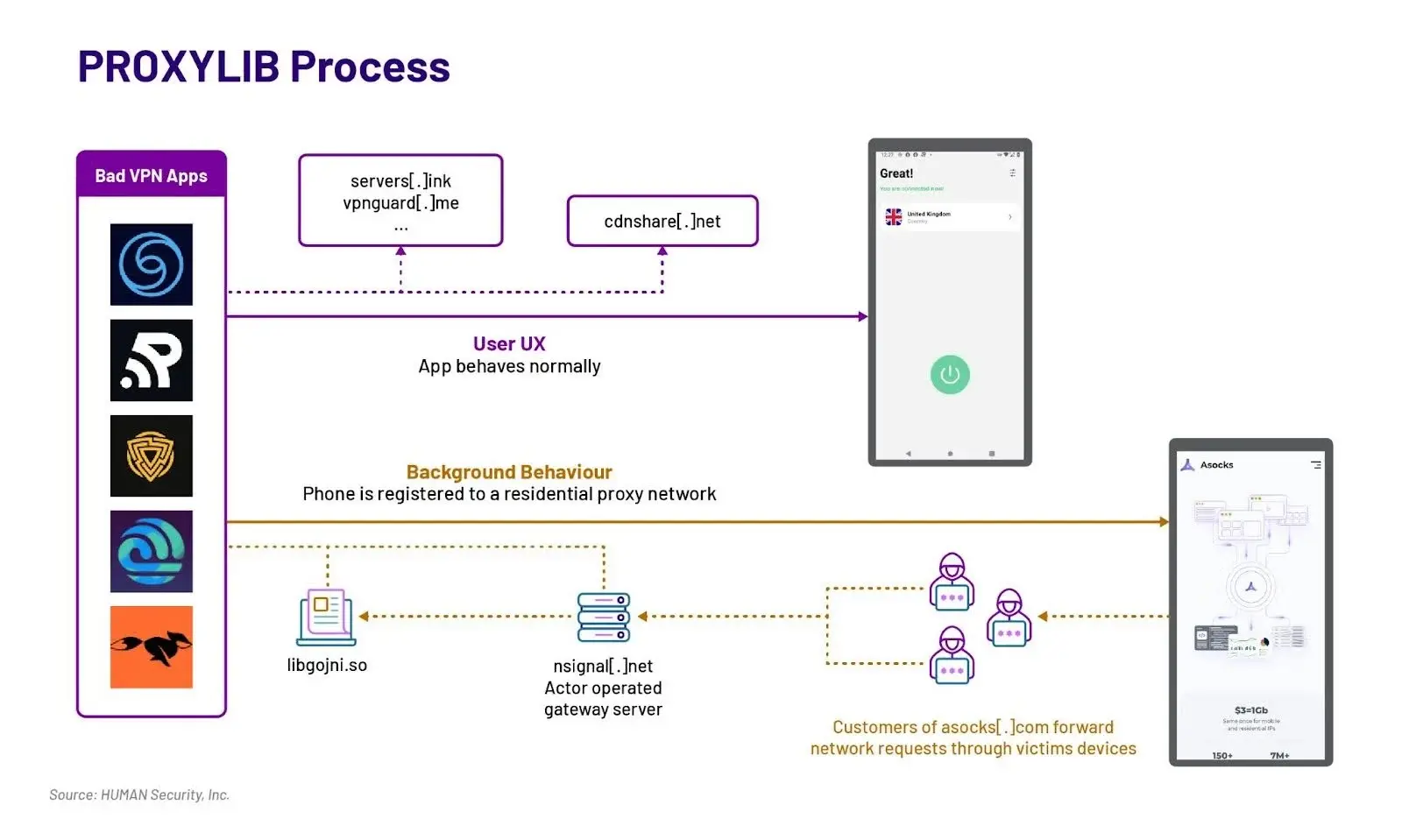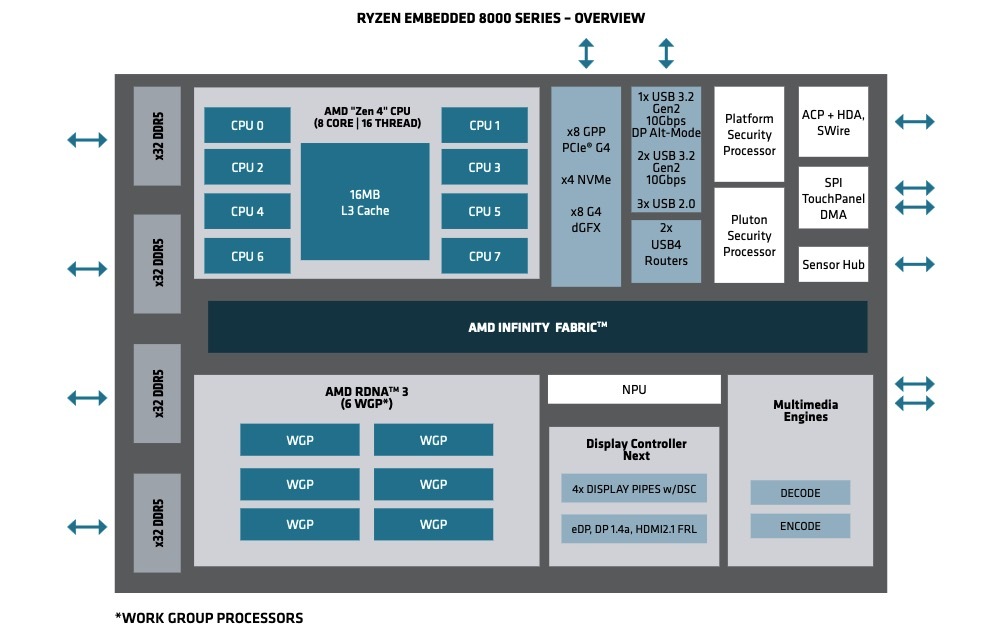The Fraud Helpdesk has seen a surge in reports of fraud in the first half of 2024, with almost 30,000 cases reported. This marks a 38% increase compared to the same period in the previous year. The total reported damage amounted to 27 million euros, an increase of more than 44% from the first half of 2023.
The rise in fraud reports has been attributed to a variety of fraudulent activities, with the Fraud Helpdesk noting a significant number of reports related to (bank) helpdesk fraud and investment fraud.
In cases of bank helpdesk fraud, typically targeting victims aged 55 and older, individuals are contacted under false pretenses of a financial threat. The fraudsters then convince the victims to transfer their money to a supposed safe account, only to steal it later. This type of fraud has already resulted in 5 million euros in damages over the past six months.
The Fraud Helpdesk has highlighted the success of this fraudulent scheme, attributing it to a new tactic employed by criminals. Victims first receive a fake email requesting personal information, followed by a call from the scammers claiming the victim has fallen for a phishing scam. The fraudsters then persuade the victim to transfer their funds to a "safe" account, resulting in 5 million euros in losses during the first half of 2024.
Investment fraud and 'homework fraud' on the rise
Investment fraud has seen a significant increase, with 14 million euros stolen from victims in the past six months alone, nearly matching the total for the entire year of 2022. This type of fraud involves convincing victims to invest in fake schemes where the money is never returned. The high damages are often linked to dating fraud, where victims are deceived into investing as part of a larger scam.
The Fraud Helpdesk has also noted a concerning trend in "homework fraud," where victims are lured into online tasks such as reviewing products they have not used. Failure to complete tasks on time may result in additional fees, and victims are sometimes coerced into investing in cryptocurrency or other schemes promising high returns that never materialize. This form of fraud has resulted in 2 million euros in damages during the first half of 2024.
While aid request fraud has decreased in recent months, there has been a notable increase in scams involving fake messages from alleged family members requesting money transfers. The Fraud Helpdesk warns that this type of fraud has seen a significant uptick since June.
.png)








 English (US)
English (US)